Many people believe that the Jukun people are from Egypt, and the origin of their kingdom came from Egypt. However, while a part of this perception about the Jukuns is right, it is important to note that the people of Jukun originated from an ethnolinguistic group in West Africa.
According to research, the Jukuns are traditionally predominant in Taraba, Benue, Nasarawa, Plateau, Adamawa, and the Gombe States of Nigeria, They are also located in some parts of northwestern Cameroon, and are often regarded as the descendants of Kwararafa.
However, the descendants of Kwararafa are said to be the most powerful Sudanic kingdoms during the late European Middle Ages. History has it that the remnants of a large city northeast of where the Jukun is currently located are those of the kingdom’s capital.
In this piece, Naijabiography examines the origin of the Jukun kingdom, and the territory, culture and social structure of the people of Jukun.
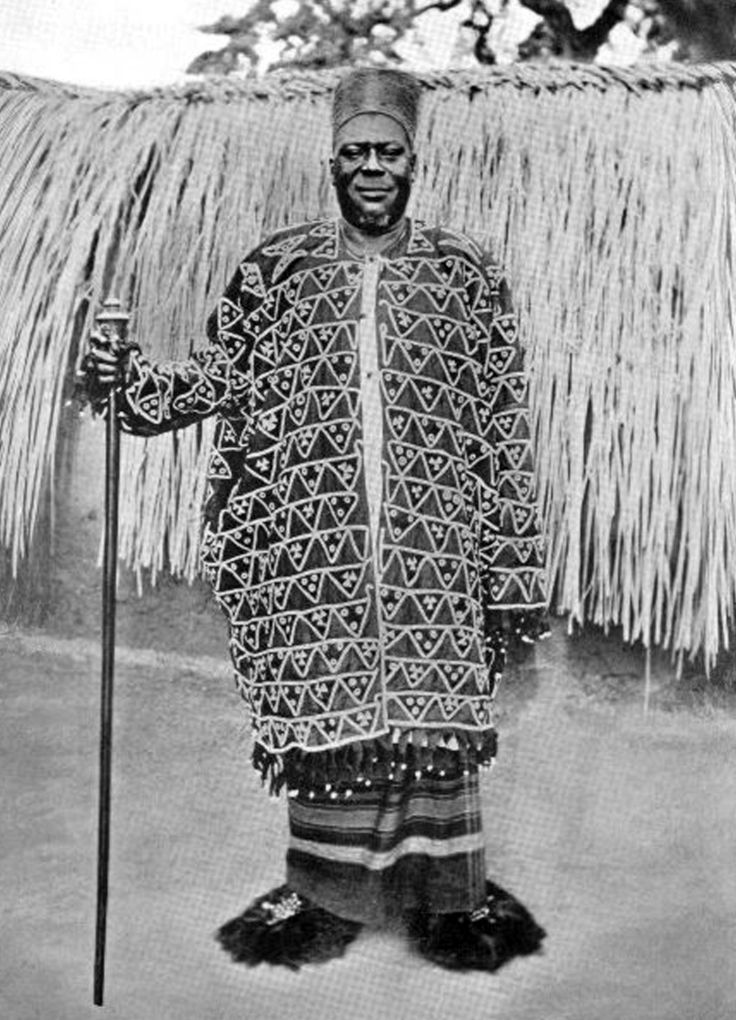
History
The monarchs of the kingdom of Kwararafa, a state that flourished in Western Africa from the 14th to the 18th century, are the ancestors of the Jukun-speaking peoples. Thus, the Jukun society had historically been ruled by a monarchy.
Furthermore, like other Jukunoid groups, the Jukun Kona can trace their ancestry to the Middle East, particularly Yemen. When they and other Jukunoid groups first arrived in the region of Nigeria, they made their initial home in the Gongola and Benue valley.
From there, they moved to establish their first distinct settlement, known as the Kuro or kingdom, in the current Lau local government area, under the leadership of the Kuru (chief), who had authority over life and death.
However, history has it that the Jukun people originated in Yemen. They scattered to different locations and moved into Egypt. The Jukun Kona’s culture shares several traits with pre-dynastic Egypt. After that, they entered the Lake Chad Basin. Thus, the Jukun’s country of origin is Sudan. The Kuteb, who dwell close by the Jukun and speak a kindred language, have a legend that they left Egypt around a thousand years ago.
As a result of the Fulani conquests at the start of the 19th century, led to the political division of the Jukun-speaking peoples into numerous regional factions. Therefore, by the 1920s, the majority of the Jukun people—the Wapâ—lived in and around Wukari and were ruled there by the local king and his government.
Furthermore, the Jukun wanu of Abinsi, Awei District, Donga, and Takum, as well as other Jukun-speaking populations residing in the Benue basin, maintained their political independence from the Wukari government, and the Jukun speakers in Adamawa Province recognized the Fulani Emir of Muri’s authority as governor.
Meanwhile, Nigeria has seen violence in the post-colonial era as a result of several ethnic disputes between the various communities that call the nation home. Thus, the Jukun and the nearby Tiv tribe, who originated in Congo, are at odds.
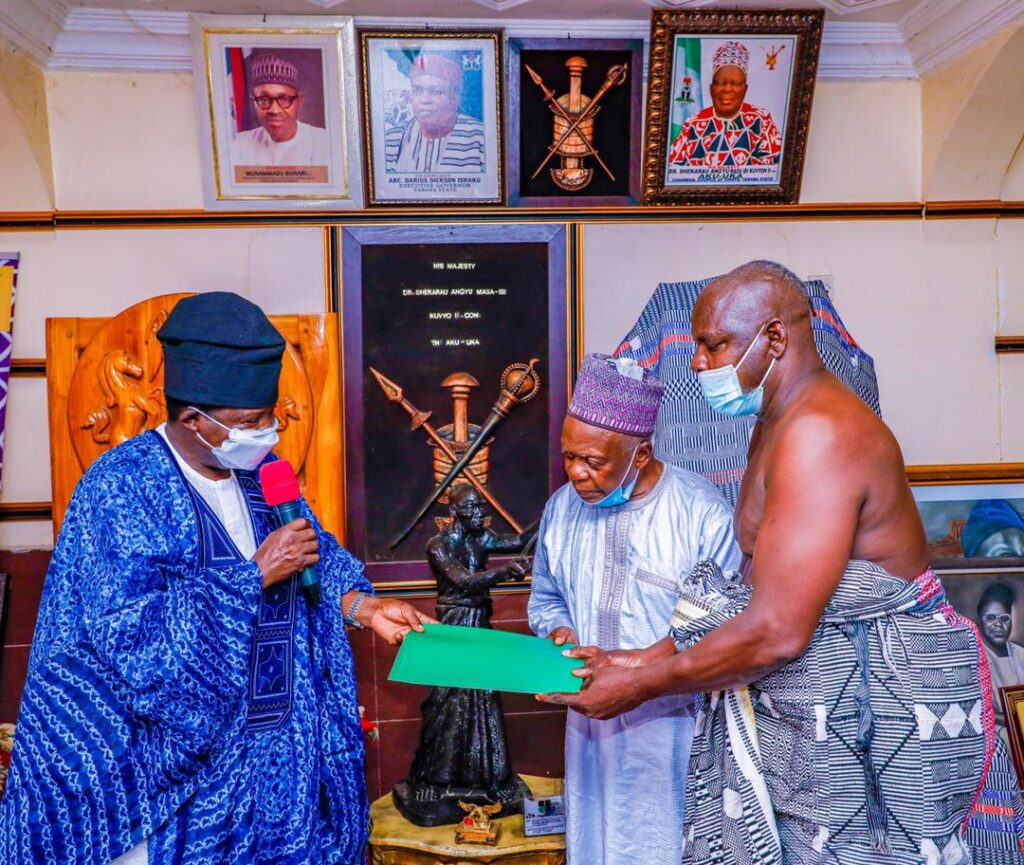
People and Culture
According to research, in the 1920s, there are about 25,000 inhabitants of Jukun who were alive. Although, around the 18th century, the majority of the Jukun lived in scattered groups around the Benue basin. During those times, the Jukun habitation was bounded by Abinsi to the west, Kona to the east, Pindiga to the north and Donga to the south.
The locals converse in a language that belongs to the Niger-Congo family’s Benue-Congo branch. The population is made up of numerous smaller groupings that are each structured differently, while polygynous extended families appear to be the predominant social structure.
The Jukun people followed their own traditional religions before the arrival of Christianity and Islam. The majority of the tribes, including Alago, Agatu, Rendere, Goemai in Shendam, and others, abandoned Kwararafa when it fell apart as a consequence of a power struggle. The Jukun Wanu and Jukun Wapa are the two main subgroups of the Jukuns.
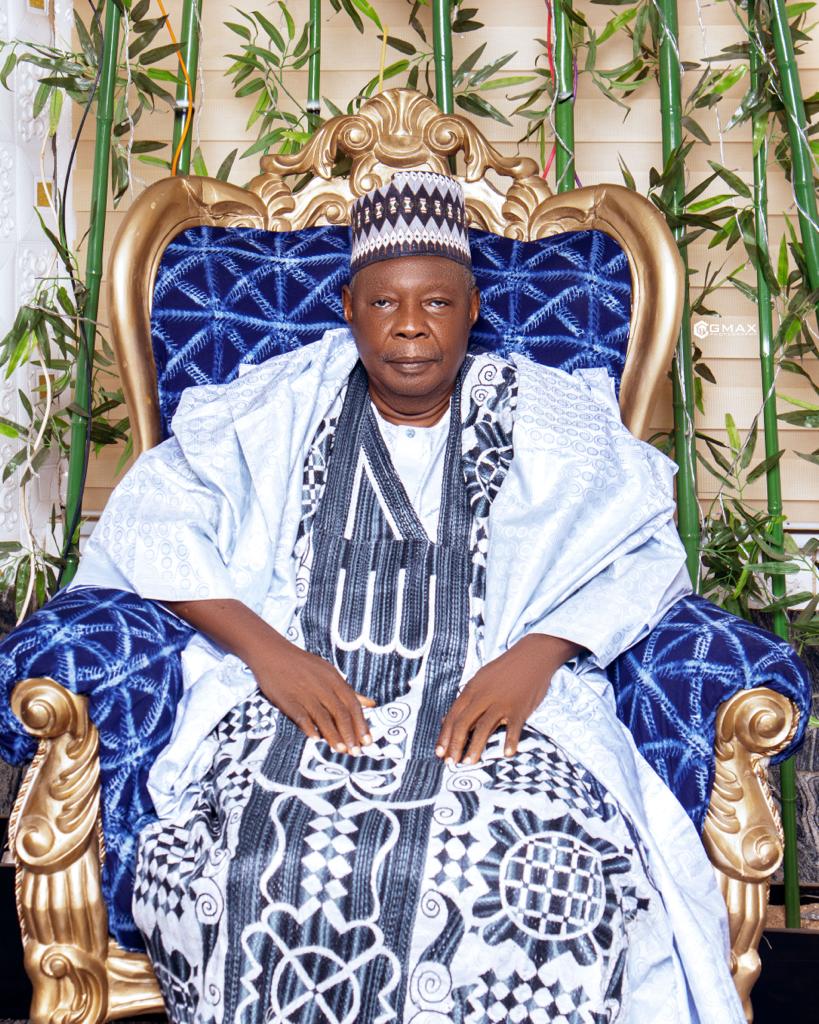
The Jukun Wanu are a group of fishermen who live on the banks of the rivers Benue and Niger, which flow through the states of Taraba, Benue, and Nasarawa. The Jukun people’s principal centre is currently the Wukari Federation, led by the Aku Uka of Wukari.
Furthermore, Wukari, Donga, Kona, Gwana and Pindiga, Jibu, and lastly Wase Tofa are the six dialects that make up the language, though Kona, Gwana, and Pindiga may be considered as a single dialect because of how little they differ from one another.
Economy
The Jukuns have a way of contributing to the economic growth of their community. Crops produced in the Jukun kingdom include yam, maize, rice, groundnut, guinea corn, cassava, and vegetables. The people of Jukun also produce fruits such as mango and orange among others. In the area of livestock, forestry and water resources, the Jukun also rear large numbers of cattle, sheep, goats, pigs and poultry.
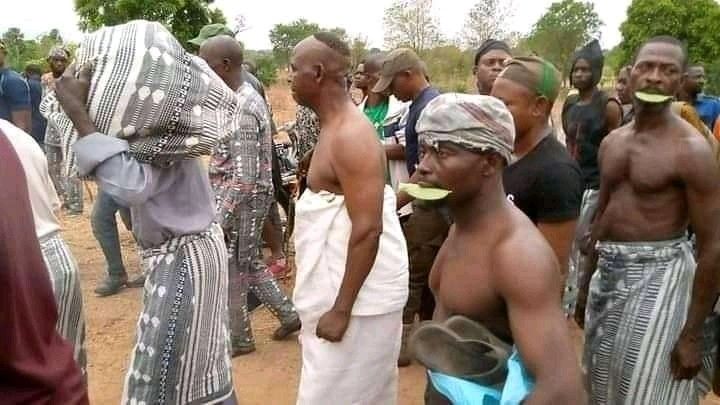
Notable People of Jukun
There are not too many prominent people who are from Jukun, but one very known celebrity who was born in Jukun is M.I Abaga, who is a hip-hop recording artist and record producer.


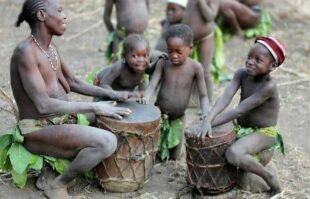


Comments
Nasiru Abdullahi
2 years agoSo know the nigerian will be independing sing 1960 became this year 2023